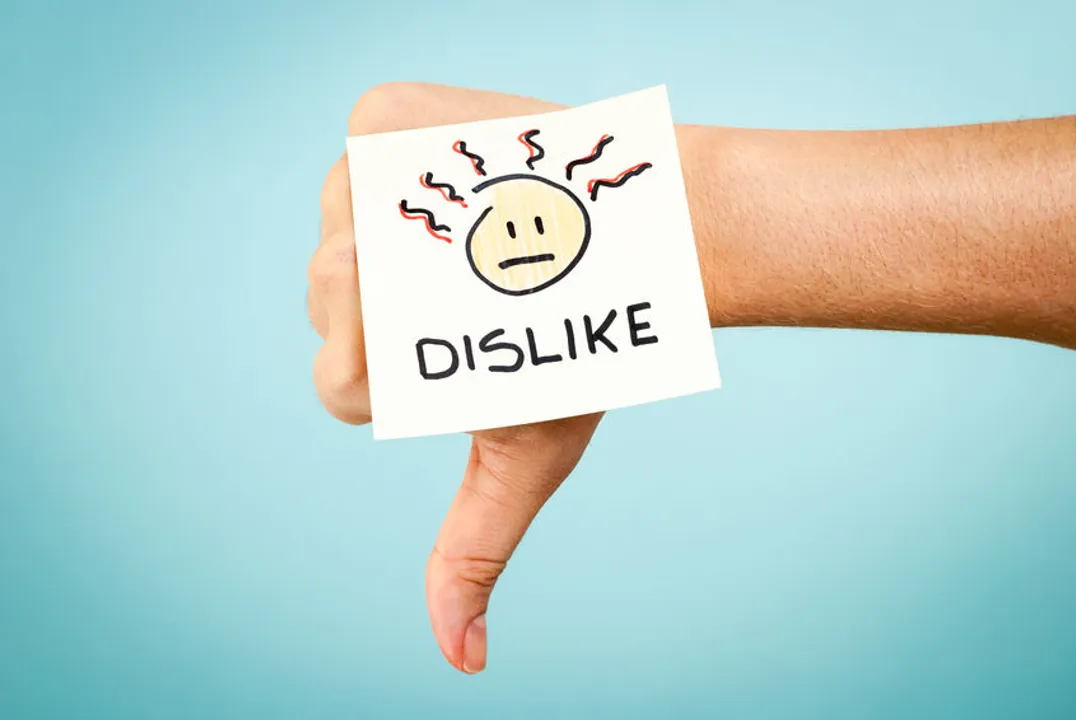Before you Click “Send” - Social Media Pitfalls for Healthcare Providers

zakokor/123RF.com
Physicians and other healthcare providers face unique vulnerabilities on social media. There are strict regulations regarding patient privacy, the need for absolutely correct medical information, and your public image must be beyond reproach. Some physicians won’t touch social media, but that’s getting more difficult, with the invasion of social media everywhere, all the time. Physicians who do use social media must understand the risks and use discretion.
With social media, providers must exercise discretion more than ever. You can surmise most of the precautions you should take by using common sense. We all know, though, that some intellectual giants are Lilliputian in the commonsense department.
Going Viral
Social media can amplify a stray comment across many channels, suddenly reaching tens of thousands of people. You can take down an ill-conceived post, but it may have already been sent far and wide.
Patients' Privacy
There is an abundance of opportunities to violate patients’ privacy on social media, with its emphasis on being transparent and personal, and this provides many opportunities for a patient's privacy to be violated (e.g. highlighting patients' cases on a website, posting photos in which a patient's face or information is seen in the background).
Violations are common, especially in blogs authored by doctors and nurses; in one study, 16.6% gave enough information for patients to recognize themselves or their provider. Patients can be identified in unusual accidents, rare conditions, or admission to a particular hospital or unit. In addition to violating HIPAA regulations, breaches can prompt action by the state medical board or cause loss of a job. Avoid referring to individual patients at all, but if you must do so, eliminate such specifics as the patient's age. If you want to identify your patients for marketing or other purposes, you'll need their written consent. Have an attorney approve the wording.
"Friend" Requests
Patients occasionally send Facebook friend requests to their doctors, and doctors may regret having to turn them down. Giving a patient access on your personal Facebook page is, however, NOT a good idea. They could reach anyone in your network of friends, view personal photographs, and read your blog. These patients could also use your personal page to request medical advice – an invitation to violate a HIPAA regulation. Some patients will seek a romantic relationship, which could prompt review by a medical board, hospital board, and other regulating bodies. Set up two Facebook pages: one for your family and friends, one for patients and the public.
Medically Advising Patients
When people respond to your information or general discussion posts, they often ask about their specific case. Do NOT respond. Back-and-forth messaging may lead to a HIPAA violation. It's also possible that your reply could form the legal basis of a physician–patient relationship. Some physicians have been sued by patients who claimed that the advice led to some injury.
When patients ask for specific advice, suggest an office visit. Consider adding a statement to your blog that states you won't respond to specific patient care issues through social med.
Posting Unprofessional Behavior
On their Facebook pages, some doctors leave comments and photos that show them in an unprofessional light, including profanity, intoxication, sexually suggestive photos, and other unprofessional behaviors. Consider potential reactions. In a survey of job recruiters, 55% had reconsidered job candidates based on their social media profiles.
Posting Unprofessional Statements
Social media is a mecca for people venting strong opinions. Some people think they are protected by a pseudonym, but it is usually easy to detect their identity. Comments about race or gender are especially prone to go viral and lead to firings or resignations. A Texas doctor who posted that "female physicians do not work as hard," was required to step down from his leadership positions at a large practice. An anesthesiologist who posted racist comments about Michelle Obama was forced to resign.
Some physicians think public posts are an appropriate place to dump on patients. In one study, 18 percent of physicians’ blogs portrayed patients negatively. One stated, "She was a stupid, lazy, selfish woman all of which characteristics are personal problems, not medical issues.” Patients don't like negative comments, even if they're directed at other patients.
Violating Employers' Restrictions
Practices, hospitals, and health systems have all kinds of restrictions on use of social media; know them before you accept a job. Some employers retain the right to take control of your social media activities. The Cleveland Clinic's social media policy states that it "reserves the right to monitor, prohibit, restrict, block, suspend, terminate, delete, or discontinue your access to any Social Media Site, at any time, without notice and for any reason and in its sole discretion."
The Solution – in Any Language
Self-restraint. Sebeovládání. Samoobuzdavanje. Zelfbeheersing. L’auto-retenue. Féinshrianadh, etc.
You’ll never regret cultivating and practicing self-restraint. You’ll enjoy making fewer messes to clean up – and you know things are never quite the same, no matter how hard you scrub.
Related Posts
